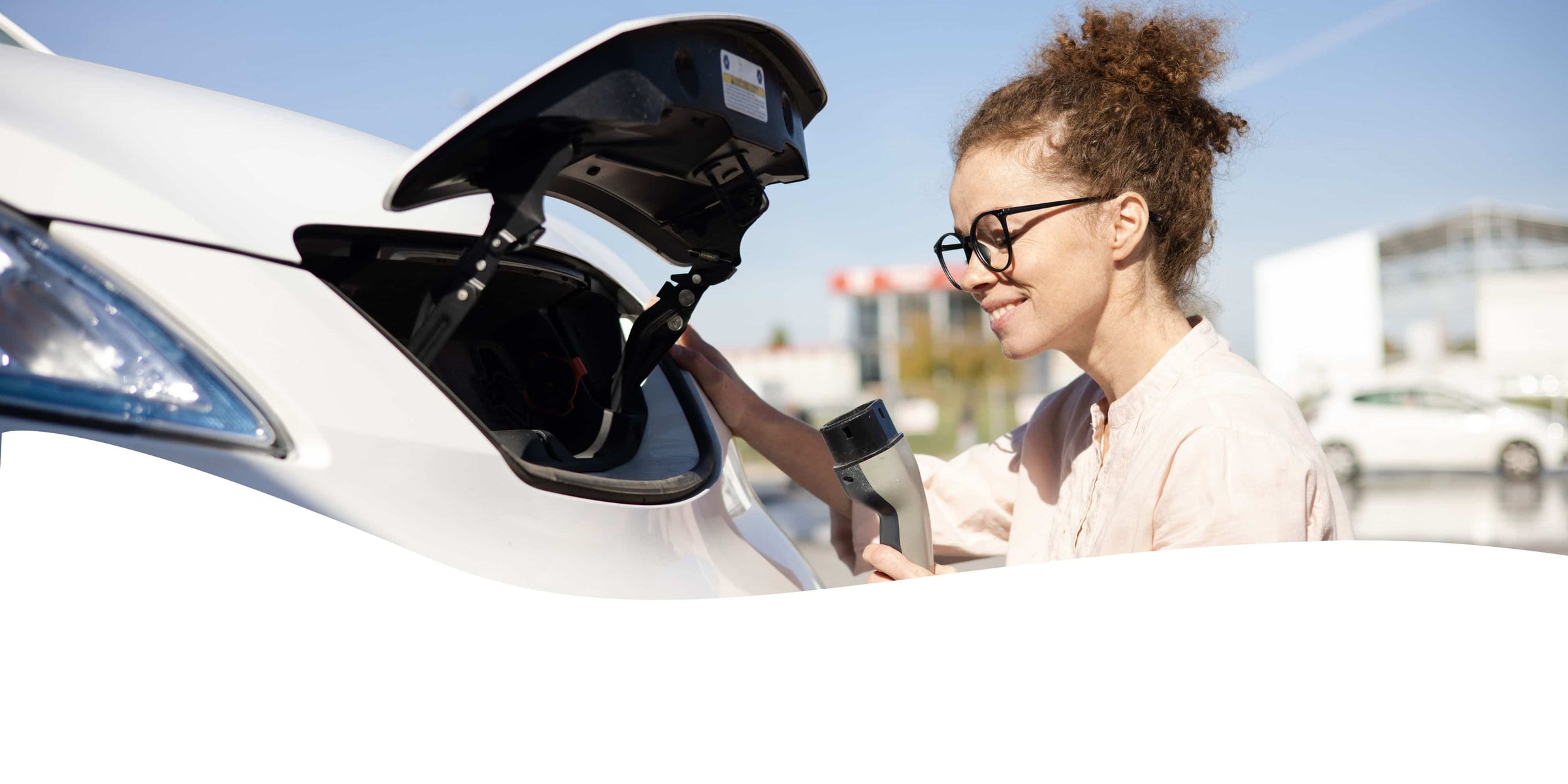Frequently Asked Questions
We've assembled a collection of commonly asked questions to furnish you with more insights about our company, the services we offer, and further details on EV charging.
If you still can't find an answer to your question on the list below, why not try our virtual assistant? Click the icon in the bottom right corner of your screen to start chatting!
Alternatively, you can give our Customer Service guys a call at 1-800-775-5759, drop us an email at info@hwisel.com or just visit our Contact Us page to leave a message.








